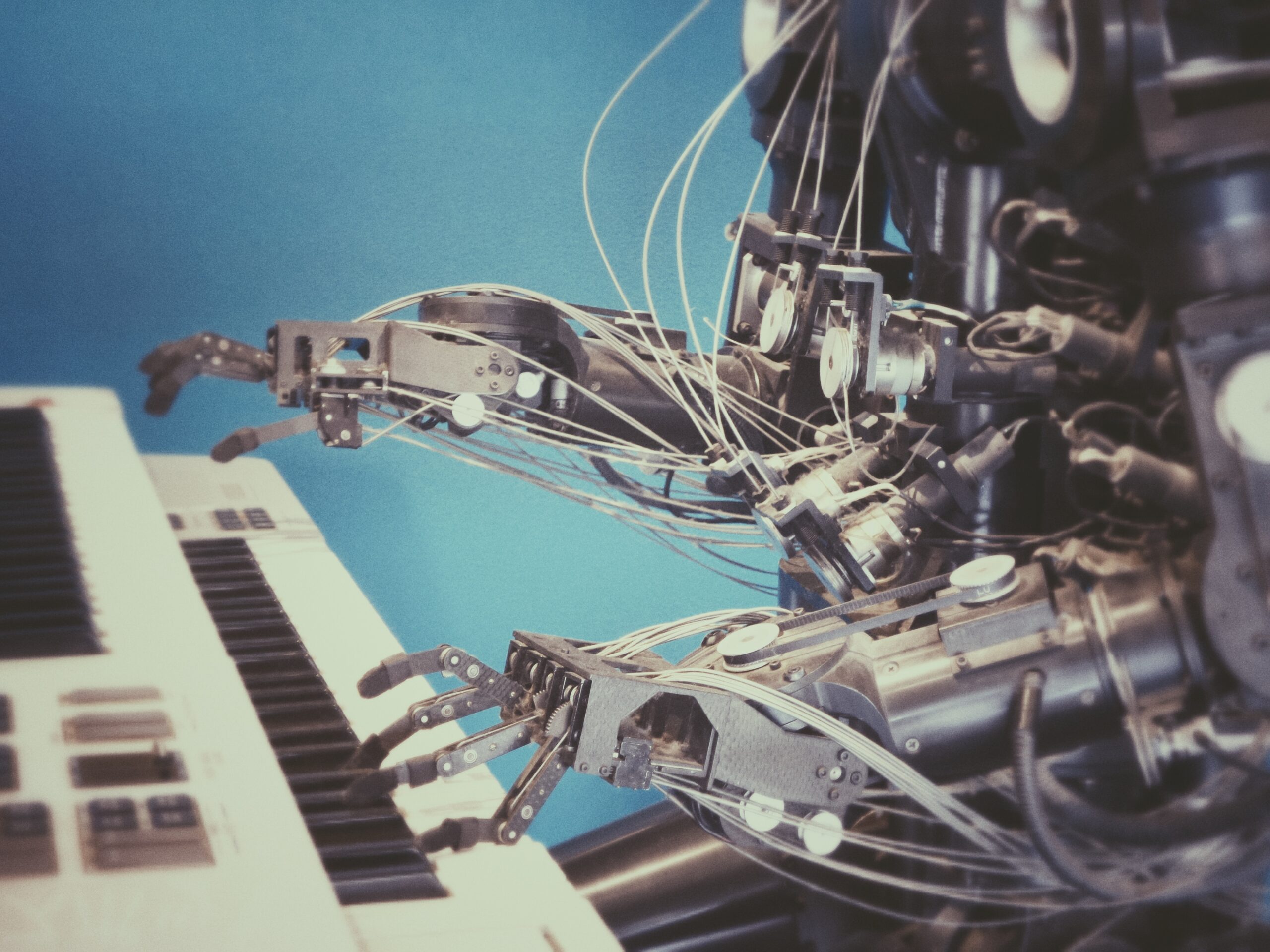
The UK government has recently announced its plans to introduce a code of practice on copyright and artificial intelligence (AI). The guidance and all supporting documents can be found here. This goes in line with the government’s ten-year National AI Strategy, for the UK to remain a global AI superpower and for AI companies to start and grow in the UK.
In his report titled “Pro-Innovation Regulation of Technologies Review” from March this year, Sir Patrick Vallance proposed the following three-stage approach:
- Regulatory flexibility and divergence at an early stage for emerging technologies;
- Promoting and learning from experimentation to support the scaling of key technologies; and
- Seeking international regulatory harmonisation for established technologies.
Alongside the three-step change in the regulatory approach to AI, the review offered recommendations for facilitating greater industry access to public data and government signalling to focus regulator efforts on innovation in drones, cyber security, autonomous vehicles, space, and satellite technologies. All these recommendations were made to promote the UK as the leading country for innovation and to ensure that emerging digital technologies are not regulated too early, to avoid the risk of stifling innovation.
From our perspective, the most important recommendations of Sir Patrick concern the multi-regulator AI sandbox and clear policy position on the relationship between intellectual property law and generative AI. To ensure implementation of the latter, the Intellectual Property Office (UKIPO) was tasked with producing a code of practice which will “provide guidance to support AI firms to access copyrighted work as an input to their models, whilst ensuring there are protections on generated output to support right holders of copyrighted work”.
Following acceptance of the pro-innovation proposals of Sir Patrick Vallance, the government commenced its work with users and rights holders on the code of practice.
According to the UKIPO, “The code of practice aims to make licences for data mining more available. It will help to overcome barriers that AI firms and users currently face and ensure there are protections for rights holders. This ensures that the UK copyright framework promotes and rewards investment in creativity. It also supports the ambition for the UK to be a world leader in research and AI innovation.”
The group is chaired by the UKIPO. Its participants come from various industry and research sectors, including the British Library, IBM, Deepmind, Microsoft and others. According to the UKIPO, the group was chosen to ensure diversity of ideas and to encourage partnership between AI and creative sectors.
This group was tasked with identifying creator concerns relating to the use of copyright works, performances and databases by AI systems and users and the ways these can be addressed. The other task was to identify any barriers to the access to copyright works, performances and databases by AI systems and users, including for the purposes of text and data mining. The group is also responsible for setting out commitments and expectations in relation to AI firms’ use of protected material and the rights holders who own protected material.
Overall, the working group’s role includes identifying, developing and codifying good practice on the use of copyright, performance and database material in relation to AI, including text and data mining.
The parties are expected to voluntarily agree on the final code of practice, as the government thinks AI can and should be an issue where the industry seeks to fix itself. However, if the code of practice is not adopted voluntarily or agreement is not reached, legislation may follow.
The code is coming in good time, as AI technologies are developing with phenomenal speed. It becomes ever more important to understand whether AI-generated works can, and should, be protected by copyright. Indeed, for the UK to be established as the “best regulated economy in the world in key growth sectors” for industry and investors to “have the certainty then need to drive innovation, investment and growth through anticipating new developments in emerging technologies”, the government needs to act promptly and precisely.
________________________
To make sure you do not miss out on regular updates from the Kluwer Copyright Blog, please subscribe here.



Copyright holders’ concerns are not limited to economic rights and fair remuneration, moral rights esp. the right to integrity are very important for the adaptation (editing) of copyrighted works. Critical issues here are the scope of the right to integrity and whether such right to integrity can be waived by agreement. Isn’t the group tasked to consider moral rights issues ? I suppose any outcome has to comply with the Berne Convention.
The recent agreement in the US between writers’ unions and studios includes a section dealing with the use of copyrighted works to train generative AI and of AI outputs, this is clearly a worldwide issue.
“GENERATIVE AI AND COPYRIGHT PROTECTION: PERSPECTIVES IN ASEAN REGION”
The Clash of Titans will see both the US and UK (including China) jurisdictions taking a leadership role
in providing some kind of legal clarity in the realm of AI innovations for economic and business advantages.
UK’s AI regulatory approach and the Five Principles in the next few months as per the timeline will hopefully provide some kind of guidance for legal clarity and direction for US and Asian AI industries.
There are now two divergent regions: one supporting new legislation for Generative AI.
On the other hand, one adopts a “wait and see” approach due to AI’s ‘new kid on the block’ character.
The card of Self-regulation is now on the table for stakeholders; however, if that fails, legislation will surely step in which appears to be the norm in the ASEAN region.
Even in the ASEAN region, the reality is not comforting.
Singapore and Malaysia may adopt different legal stances on AI and copyright.
Europe may aim for harmonization, but the Harmonizing Factor is still trailing very far behind in view of the current clash of Titans scenario above.
…………………………………………
JEONG CHUN PHUOC,PHD
PROF MADYA. ADJ PROF. VISTING PROF
jeongchunphuoc@gmail.com